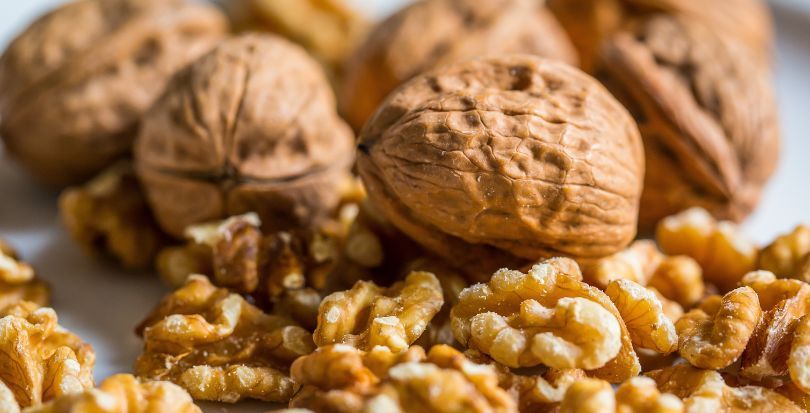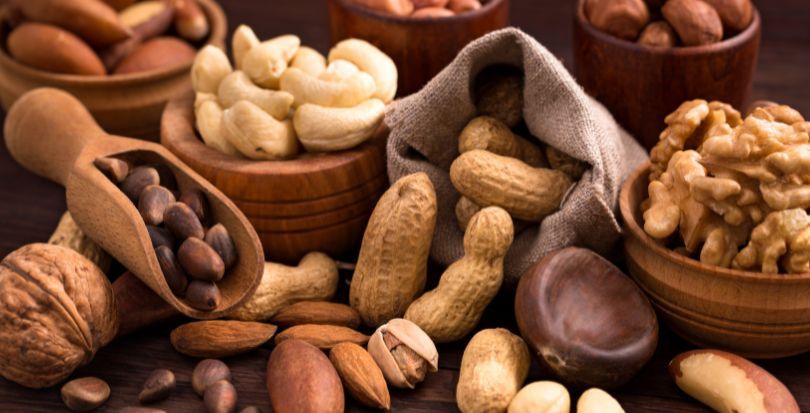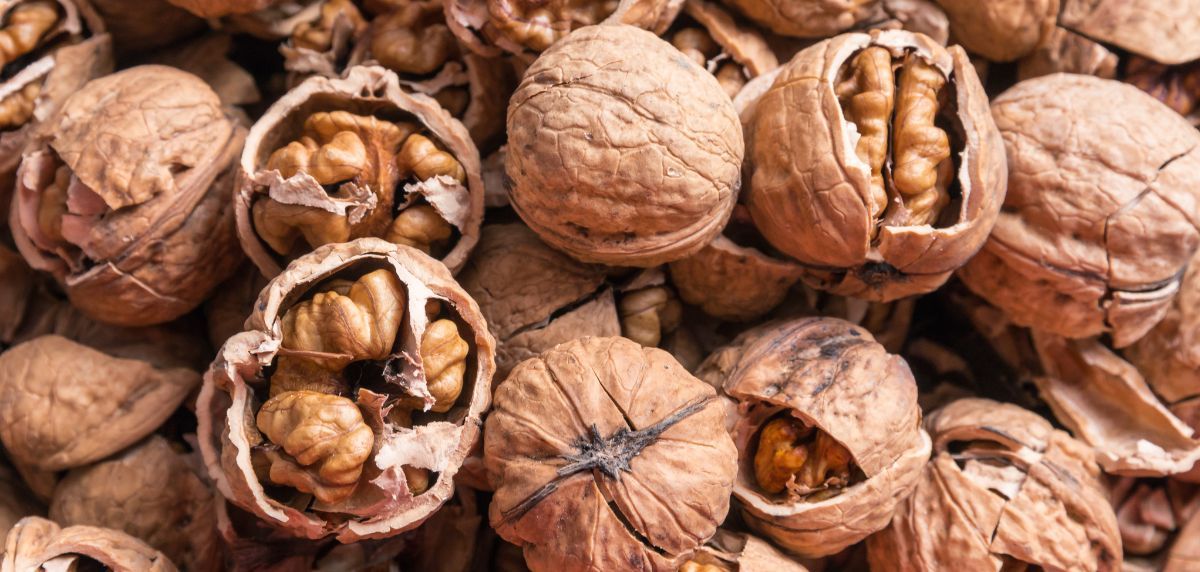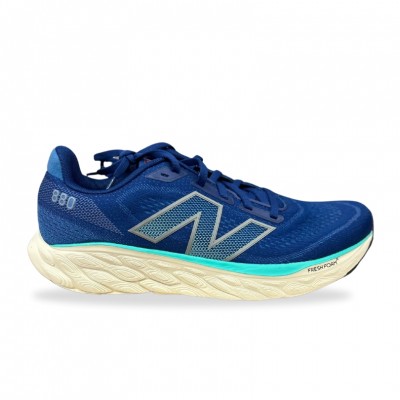From RUNNEA we know perfectly well that running is an activity that demands a complete, combined and balanced diet in terms of nutrients to optimize performance and recovery. Therefore, we want to answer some questions about a food most consumed by popular runners (and not so popular âŠ): walnuts.
Nuts stand out as one of the most powerful foods in the running sector, whether on asphalt or in the mountains, as they offer a wide variety of benefits to all runners. Therefore, in this article of RUNNEA Magazine, we want to bring you three essential pillars to understand how eating nuts can help us as runners, starting by knowing all its fundamental benefits, continuing by analyzing the nutritional properties they have and ending with the daily consumption recommendation for those seeking to improve their running performance.

Not sure which running shoe to choose?
In a few simple steps we help you to choose the ideal running shoe for you
Go to the Shoe Finder1. Benefits of consuming nuts for runners
Nuts, as a source of nutrients, are not only beneficial for runners, but they are also a very complete food even for those who do not want to give them that sporty drift we are talking about. Their amalgam of advantages make them optimal for any diet, however, we will focus, in the following points, on the positive aspects that have more relation or incidence with respect to the practice of running.
- Concentrated source of energy: Walnuts are rich in healthy fats, including 3 and omega-6 fatty acids, which are sources of long-lasting energy. For runners, this provides a sustainable source of âfuelâ over time for intense workouts and long-distance runs.
- Cardiovascular support: Fatty acids such as 3, present in walnuts, have been shown to have positive effects on cardiovascular health. Therefore, and taking into account that running is an activity that constantly tests the cardiovascular system, consuming walnuts can contribute to maintaining an optimal level of circulation.
- Anti-inflammatory properties: The presence of antioxidant and anti-inflammatory compounds in walnuts may help reduce inflammation and oxidative stress associated with intense physical exercise. This can have application in our environment favoring a faster recovery in certain injuries and a lower incidence of them.
- Supply of essential nutrients: In addition to healthy fats, nuts are a rich source of protein, fiber, vitamins and minerals. These nutrients are essential for general health, but have even more impact when we talk about achieving optimal performance during the practice of running.

2. Nutritional properties of nuts
Knowing the essential benefits of walnuts in the specific field of running, it is time to analyze, at the nutritional level, what are the main properties of this 'superfood'. Some properties that, in a way, we have advanced in previous sections, but it is good to remember and strengthen their knowledge to understand their applications when it comes to running.
- Healthy fats: Approximately 65-75% of a walnut is composed of healthy fats, including monounsaturated and polyunsaturated fatty acids. These fats are essential for the maintenance of cell membranes and energy production.
- Quality protein: Nuts contain high-quality protein, making them a valuable option for runners who need to rebuild muscle tissue after intense workouts.
- Digestive fiber: The fiber present in walnuts is beneficial for digestive health. It helps maintain bowel regularity and may contribute to better nutrient absorption.
- Vitamins and minerals: Walnuts are a source of B vitamins, vitamin E, magnesium, phosphorus and zinc. These nutrients play a crucial role in energy production, bone health and muscle recovery.

3. Daily recommendation for runners
Having understood both the potential benefits of eating nuts if you are a runner, and having analyzed their main nutritional properties, it is time to answer a key question: How much nuts should you eat to take advantage of their benefits in terms of running?
Well, the answer is not so simple (and not so complicated). The recommended daily amount of nuts for runners can vary depending on individual factors such as training intensity, body weight and specific goals. A number of variables mean that each person needs one amount or another.

It is recommended to consume between 30 and 60 grams of nuts per day.
However, to get a more specific idea and get closer to a more concrete answer, we can say that it is recommended to consume between 30 and 60 grams of nuts per day. This amount provides an adequate amount of healthy fats, proteins and other essential nutrients without exceeding the daily caloric needs. In addition, this is a volume that can be easily incorporated into a runner's daily diet by adding them to salads, yogurts, smoothies or simply as a snack between meals.
As if that were not enough, and although nuts are an excellent choice, as we have already seen throughout the article, it is recommended to include a variety of nuts, such as almonds, hazelnuts and macadamia nuts, in our runner's diet to ensure a balanced intake of nutrients.
Ultimately, nuts can be valuable allies for runners looking to maximize their performance and improve their overall health. Their unique nutritional profile makes them a versatile, easy to add to any diet, and most convenient food that can benefit both casual runners and elite athletes. Consciously, progressively and continuously integrating nuts into your daily diet can make a difference in endurance, recovery and overall running enjoyment.

Read more news about: Nutrition













